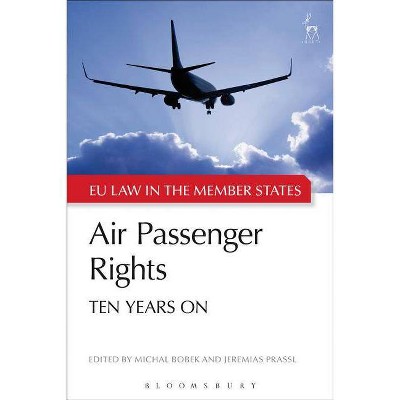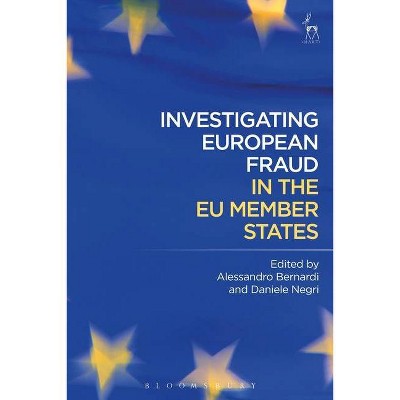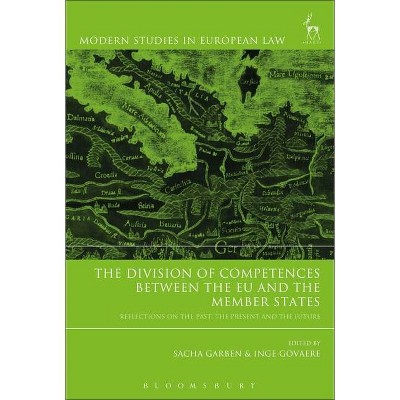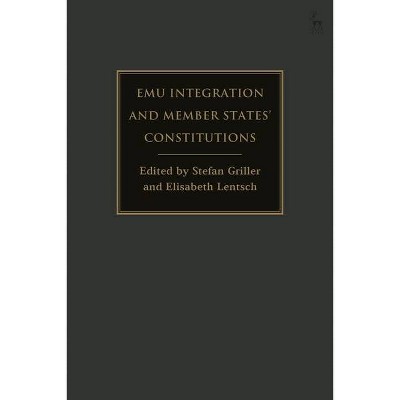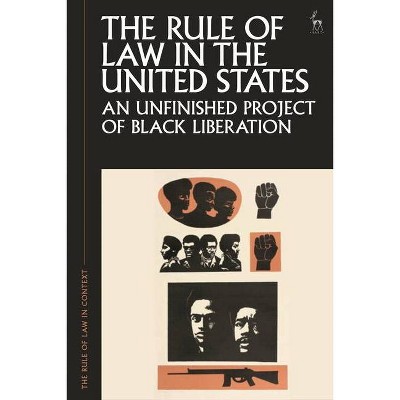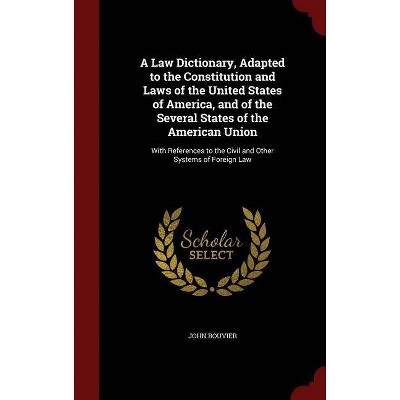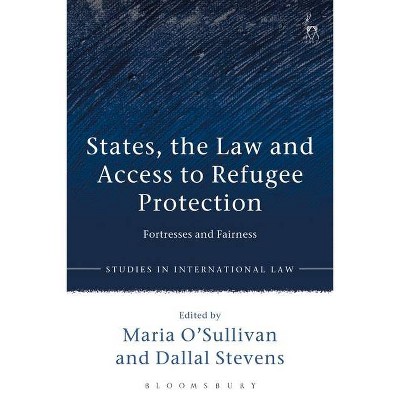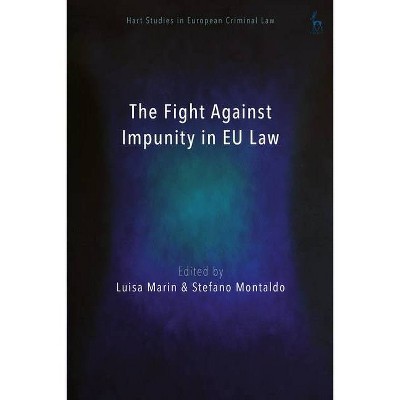EU Soft Law in the Member States - (Eu Law in the Member States) by Mariolina Eliantonio & Emilia Korkea-Aho & Oana Stefan (Hardcover)
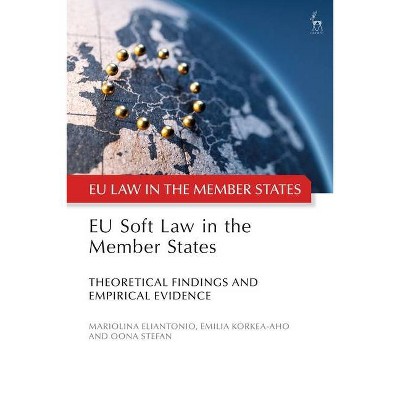
Similar Products
Products of same category from the store
AllProduct info
<p/><br></br><p><b> About the Book </b></p></br></br>"This volume analyses, for the first time in European studies, the impact that non-legally binding material (otherwise known as soft law) has on national courts and administration. The study is founded on empirical work undertaken by the European Network of Soft Law Research (SoLaR), across ten EU Member States, in competition policy, financial regulation, environmental protection and social policy. The book demonstrates that soft law is taken into consideration at the national level and it clarifies the extent to which soft law can have legal and practical effects for individuals and national authorities. The national case studies highlight the points of convergence or divergence in the way in which judges and administrators approach soft law, while reflecting on the reasons for and consequences of various national practices. A series of horizontal studies connect this research to the rich literature on new modes of governance, by revisiting traditional theories on soft law, and by reflecting on the potential of such instruments to undermine or to foster rule of law values"--<p/><br></br><p><b> Book Synopsis </b></p></br></br>This volume analyses, for the first time in European studies, the impact that non-legally binding material (otherwise known as soft law) has on national courts and administration. <br/><br/>The study is founded on empirical work undertaken by the European Network of Soft Law Research (SoLaR), across ten EU Member States, in competition policy, financial regulation, environmental protection and social policy. The book demonstrates that soft law is taken into consideration at the national level and it clarifies the extent to which soft law can have legal and practical effects for individuals and national authorities. <br/><br/>The national case studies highlight the points of convergence or divergence in the way in which judges and administrators approach soft law, while reflecting on the reasons for and consequences of various national practices. <br/><br/>A series of horizontal studies connect this research to the rich literature on new modes of governance, by revisiting traditional theories on soft law, and by reflecting on the potential of such instruments to undermine or to foster rule of law values.<p/><br></br><p><b> About the Author </b></p></br></br><p>Mariolina Eliantonio is Professor at the University of Maastricht.<br>Emilia Korkea-aho is Associate Professor at the University of Eastern Finland Law School.<br>Oana Stefan is Senior Lecturer in Law at King's College, London.</p>
Price History
Price Archive shows prices from various stores, lets you see history and find the cheapest. There is no actual sale on the website. For all support, inquiry and suggestion messagescommunication@pricearchive.us
